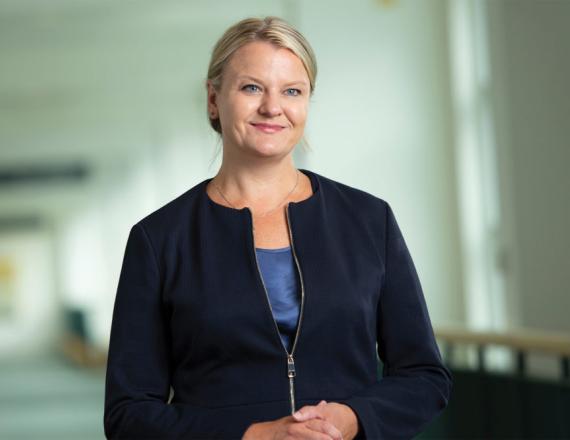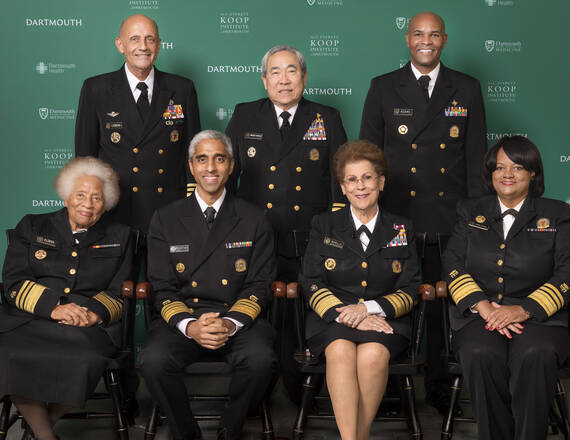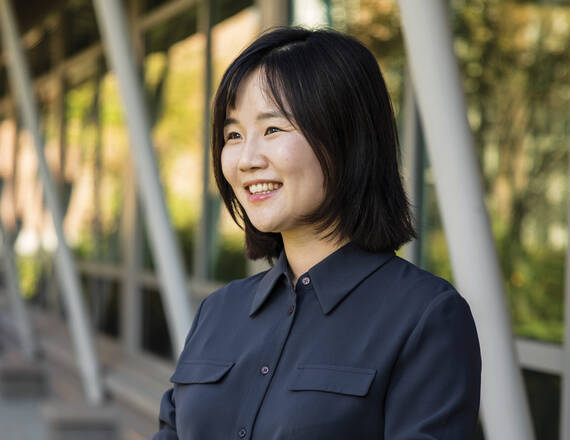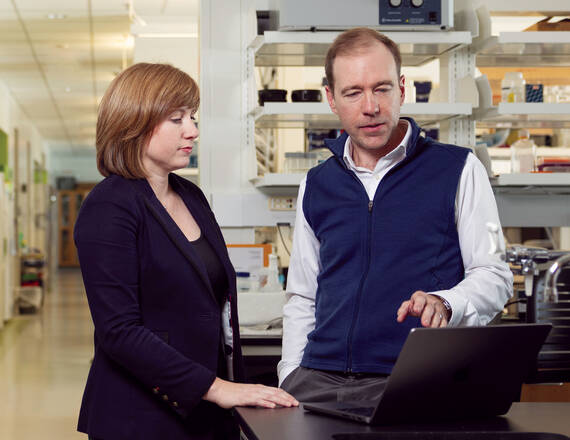Behavioral Health in Your Pocket
Across the globe, one in four people struggle with a mental health problem, and one in 10 people struggle with a substance use problem. Drug overdose is the leading cause of death of Americans under age 50—killing more people than car crashes, gun violence, and HIV.

While the need for behavioral health care is great, there simply are not enough trained clinical professionals nor the financial resources to meet this need—even in high-resource countries like the U.S.
At the Center for Technology and Behavioral Health (CTBH) at the Geisel School of Medicine, we develop and evaluate digital technologies, delivered via mobile devices, to provide anytime, anywhere, science-based behavioral health care. At a time when digital technology is exploding, the CTBH brings scientific methods and ethics to the world of digital health.
A Virtual Clinician
Digital health interventions (called “digital therapeutics”) are interactive software tools that can overcome some of the striking disparities in treatment access and treatment quality evident in health care settings across the globe. Given that there are more mobile phone subscriptions in the world than there are people, treatments delivered via digital platforms can be widely accessible at a population level.
While health care resources delivered via mobile devices can surely complement traditional models of health care, digital health is not confined to the walls of a health care institution. The phone takes health care to where there are no doctors and empowers people with tools to support self-care.
They’re like a “virtual clinician” in your pocket 24/7 to support the full spectrum of health—from changing unhealthy behavior, to helping people effectively manage chronic conditions, to reducing premature deaths worldwide. For example, digital therapeutics can teach people effective, scientifically validated skills to recognize and change unhealthy thoughts and behavior and provide tools to help people apply these skills to their everyday lives.
In fact, our research has shown that evidence-based, digital therapeutics can roughly double abstinence rates from drugs, including opioids, when compared to standard addiction treatment. We’ve also shown that digital therapeutics can greatly reduce depression, help people manage chronic pain, and reduce costly, unnecessary visits to emergency departments. And we are seeing that entire health care systems can be transformed. For example, our center is collaborating with Pontificia Universidad Javeriana in Colombia to test a low-cost mental health care system, delivered largely via smartphones, for millions of people who currently have no access to such care.
Applying Science and Ethics
Our priorities at the CTBH are multi- faceted. We create flexible, adaptive, scientifically validated, and personalized digital health tools. We prepare future leaders in this space. And we partner with academia, industry, and governments to ensure science informs digital health policy, business, and health care delivery. We are also working to address the ethics of digital health, asking questions such as: Who owns the data? When, where, and with whom are data shared? How do consumers, clinicians, payers, and governmental and industry stakeholders develop best practices for digital health in the space of public health? And how do we engineer digital health technology to be secure, respect individual privacy, and be usable by people without technology expertise?
How our institutions, governments, and communities approach and answer these questions will determine the future of digital health and its potential to improve the lives of millions of people who are in great need of accessible, affordable behavioral health care.


